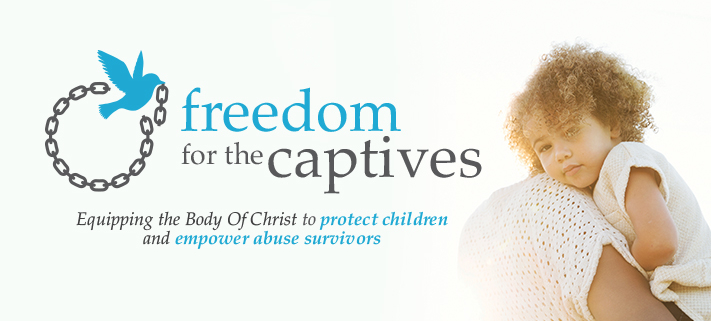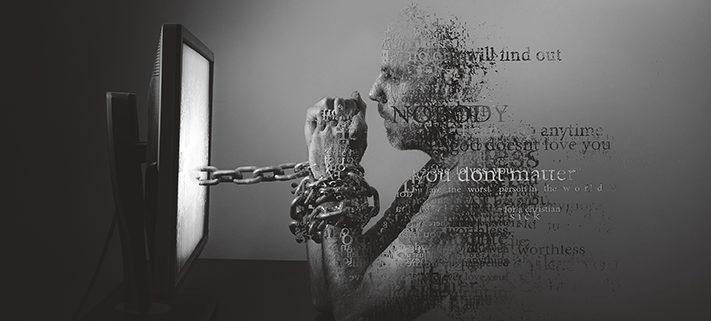Child safety: Why talk to kids about abuse?
An average five-year-old knows that putting a hand in the fire is painful. The child understands it is dangerous even if they have never experienced a burn. Why? Multiple adults and older children have warned them about the dangers of fire, which keeps them safer. The same holds for child abuse. Children are less likely to be victimized when caring adults teach them about abuse (Findelhor, D. & Dziuba-Leatherman, J., 1995).
If education is a critical component of abuse prevention, why is it missing in many churches and schools? The topic is difficult to broach with children, and it can lead to hearing discomforting stories from students.
Some people believe that Christians are immune to this sin. The Bible shows us this is a false view of the impact of sinful human nature in our struggle against sin. For example, although the Bible calls Lot a man of faith, it also records that he offered his daughters to the mob men in Sodom. Can you imagine his daughters’ fear when they heard their father invited those men to do with them as they pleased? Emotional abuse is as damaging as physical abuse.
Even the possibility that child abuse and neglect could happen in our schools and churches or among our families should compel us to teach our children about abuse. The loving way to help children is to provide education about it. This gives them the tools to understand what is and is not okay, no matter what an adult tells them.
Abuse education signals to children that they have an adult who will listen and believe their story and don’t need to “keep a secret.” Those stories are the only way for children to get help and stop the abuse. They need powerful allies who will speak and advocate for them.
Many good educational programs are available to give children age-appropriate skills and keep them safer. They incorporate training for parents so that parents practice with their children. These programs teach children in a non-threatening way, opening the door for continued discussions.
Abuse prevention starts with teaching children to protect boundaries for body safety, recognize trouble and move away from it, and get help from adults in power. It allows you to change a child’s life.
Finkelhor, D., & Dziuba-Leatherman, J. (1995). Victimization prevention programs: A national survey of children’s exposure and reactions. Child Abuse & Neglect, 19(2), 129–139.
We recommend these programs for teachers and parents:
- Incredible Years
- Adults and Children Together Against Violence: Parents Raising Safe Kids
- ChildHelp Speak up be safe – preK-12 curriculum
Freedom for the Captives, part of WELS Special Minisitries, seeks to empower the Christian community to respond with excellence to the sin of child abuse. To this end, we provide resources to pastors, teachers, and lay Christians that will deepen their understanding of child abuse and improve the Christian response to the physical, emotional and spiritual impact of maltreatment. We also have resources for survivors including recommended readings and guidance in selecting counseling or other services. In addition to the resources on our website, we also offer direct assistance to individual survivors who may have a spiritual question not addressed on our website or who need assistance in finding a counselor.
Learn more at freedomforcaptives.com.
SUBSCRIBE TO HIS HANDS
Get Special Ministries news and updates right to your inbox.
SUPPORT FREEDOM FOR THE CAPTIVES
Help protect children and support those overcoming abuse.


